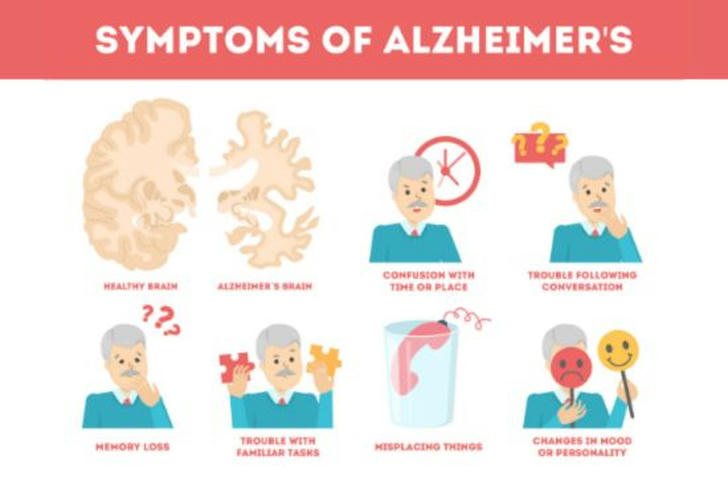Alzheimer's Disease Early Signs, Prevention, and Support
Alzheimer's disease is a progressive neurological disorder that affects memory, thinking, and behavior. In the United States, it is the most common form of dementia, impacting millions of older adults and their families. As life expectancy increases, awareness and understanding of Alzheimer's become more critical for early detection and prevention.

What Is Alzheimer's Disease?
Alzheimer's disease slowly destroys brain cells, leading to memory loss and cognitive decline. While some memory issues are a normal part of aging, Alzheimer's symptoms go beyond forgetfulness. Individuals may struggle to complete familiar tasks, repeat questions, lose track of time or place, and show mood or personality changes. These symptoms typically worsen over time, eventually interfering with daily life and independence.
Who Is at Risk?
- Age: The single greatest risk factor. The vast majority of people with Alzheimer's are 65 and older.
- Genetics: Family history plays a role. Specific genes, like the APOE-e4 allele, increase risk.
- Overall Heart Health: The brain is highly vascular. Risk factors for heart disease—like high blood pressure, diabetes, and high cholesterol—are also risk factors for Alzheimer's.
- Head Trauma: Serious head injuries have been linked to a higher risk of dementia later in life.
Recognizing the Early Signs
- Memory loss that disrupts daily life, especially forgetting recently learned information.
- Challenges in planning or solving problems, like struggling to follow a familiar recipe or manage monthly bills.
- Difficulty completing familiar tasks at home or work, such as forgetting the rules of a favorite game.
- Confusion with time or place, like losing track of dates or forgetting where they are.
- Trouble understanding visual images and spatial relationships, which can cause problems with driving.
- New problems with words, either in speaking or writing.
- Misplacing things and being unable to retrace steps to find them.
- Changes in mood and personality, becoming confused, suspicious, depressed, or anxious.
How to Help Prevent Alzheimer's?
While there is no guaranteed way to prevent Alzheimer's, certain lifestyle choices may help reduce the risk. Regular physical activity, a brain-healthy diet (like the Mediterranean or DASH diet), and mental stimulation—such as puzzles, reading, or learning new skills—can support brain health. Maintaining strong social connections and managing chronic health conditions also play an important role. Quitting smoking and limiting alcohol intake are additional steps that can promote overall brain function.
Caring for Someone with Alzheimer's
Providing care for a loved one with Alzheimer's can be emotionally and physically demanding. Caregivers may help with everything from medication and daily routines to managing mood swings and ensuring safety. Building a support system, accessing respite care, and seeking guidance from local Alzheimer's associations can ease the burden. Resources such as adult day programs, support groups, and memory care facilities are available in many communities across the country.
When to Seek Help?
If you or a loved one begins showing signs of memory loss or cognitive decline, don't wait to seek medical advice. A doctor may conduct tests and imaging to rule out other causes and offer guidance for the next steps. Early intervention can improve quality of life, provide access to support, and allow for better planning.
Conclusion: Knowledge Is Key Alzheimer's disease affects not only those diagnosed but also their families and caregivers. By staying informed about symptoms, risk factors, prevention strategies, and support options, individuals can take proactive steps to protect brain health and respond effectively when signs appear. Whether you’re concerned about a loved one or planning for your future, understanding Alzheimer’s is the first step toward a safer, more prepared tomorrow.
